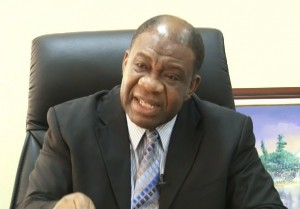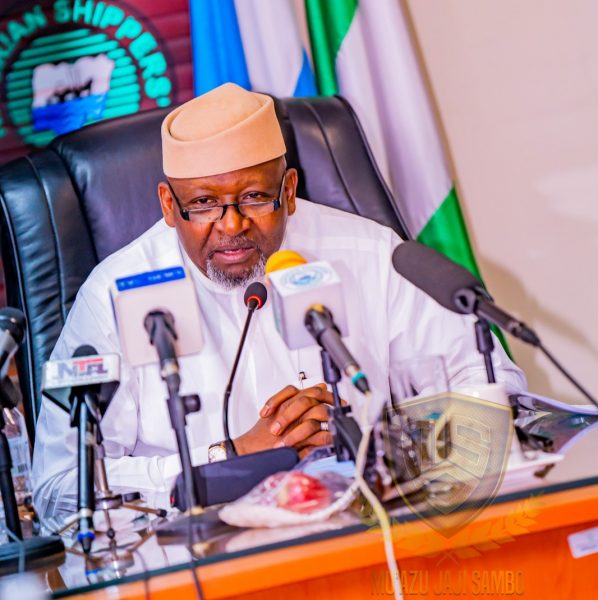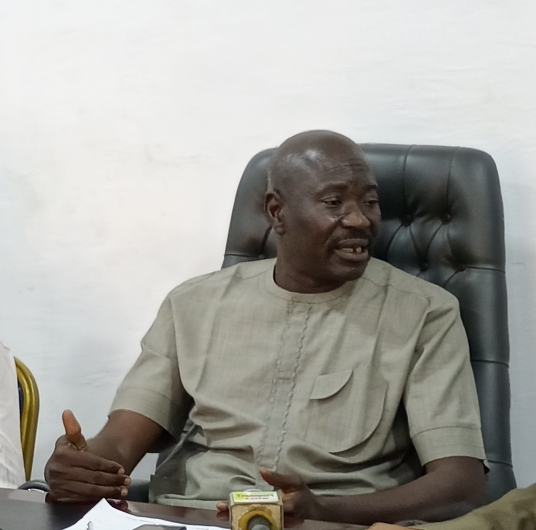Power Minister Advocates Use Of Renewable Energy In Rural Communities

The Minister of Power has advocated for the use of Renewable Energy in rural communities as he described it as the best source of power generation for rural dwellers
He said this while speaking at an event tagged: Power Nigeria 2014 Conference and Exhibition seminar which held in Lagos, last week.
The Minister said that renewable energy was the best source of power for the people in the rural communities even as he enjoined the people in charge of the renewable energy to embark on more research, marketing and deploy more technology.
He added that the cost of bringing renewable energy to the rural communities is minimal compared to the high cost of establishing electricity in the same area.
Speaking further, Prof Nebo said that Nigeria with over 170 million people barely generate 4,500 mega watts of electricity while South Africa with just over 43 million population generate over 40,000 mega watts of electricity, “by assumption South Africa generates almost 40 times what Nigeria generate and consume in electricity,” he therefore charged the private sectors operators to invest substantially in Nigeria.
According to the Minister,” If all the oil, coal, hydro, and all the potentials for wind energy in Africa are added together, the solar alone has 3 times their capacity. That is the area that needs a lot more research, technology, so that it will bring to our people the sound of this new dawn of renewable energy.”
He said that the only way to make sure that the yawning gap between the rural people and the city people was to deploy the renewable energy to the rural communities since the gas stood at about 70% and hydro 30% while renewable is at 0%.
He concluded by saying that every electricity kilo watts generated in Nigeria today can be consumed in Lagos alone, and encouraged the exhibitors to do more that they are in the right direction.
Also speaking at the event, the chairman of the occasion Mr. Lattee Williams said that Nigeria has taken over from South Africa as the largest economy but the country still lacked basic infrastructures adding that it is a year now since the privatization of power took place, that we are looking forward to see more effect of this privatization in Nigeria.
He also said that “we are looking ahead to 2030; Nigeria will need to increase its current power capacity from 10GW to sufficiently supply a projected population of 230 million people.”







